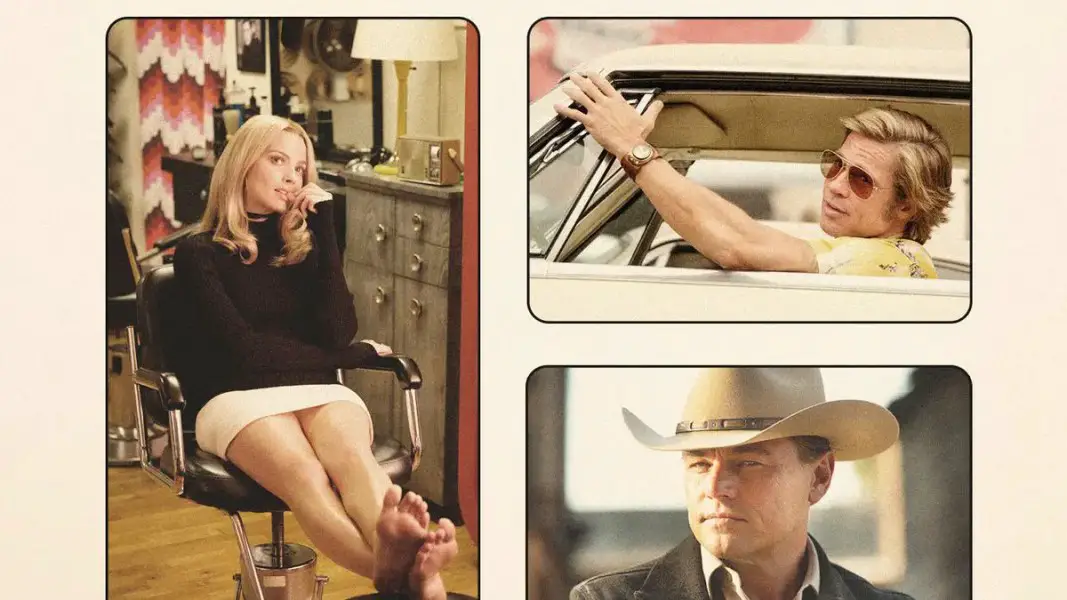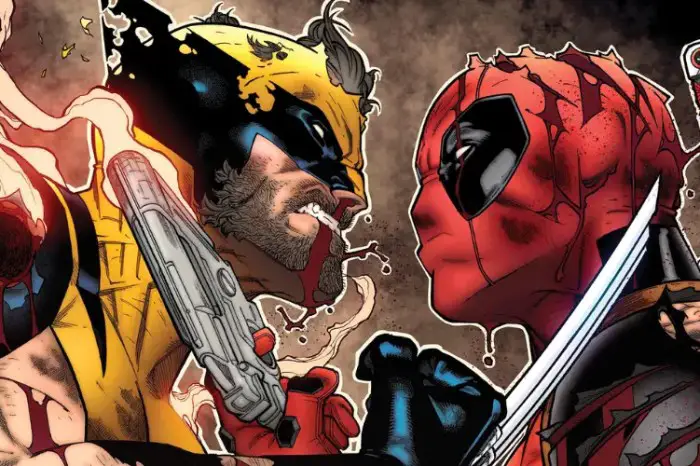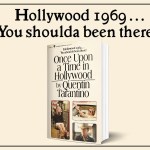‘Once Upon A Time In Hollywood’ Novel Review
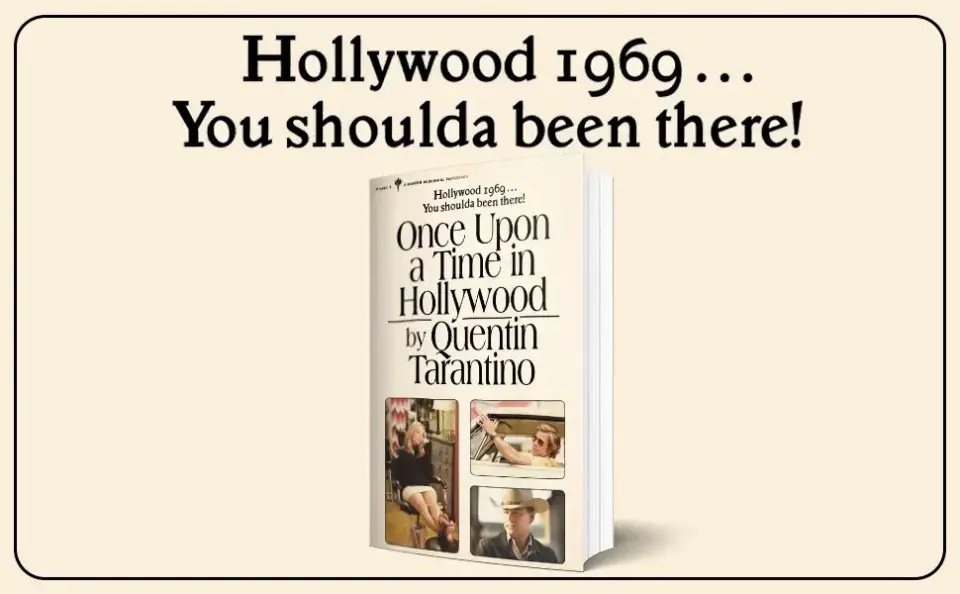
Quentin Tarantino is cinema’s ultimate polarizing figure. Whether it comes down to his excessive violence, outspoken public nature, or his treatment of women and people of color in his films, there’s nothing even closely resembling a common consensus on the man. What better way, then, to make his debut as a novelist than with a novelization of his most hotly contested film, Once Upon A Time… In Hollywood?
Now, I’m an ardent defender of the novel’s namesake. Somewhere between a hangout comedy and tribute to Hollywood’s Golden Age, Once Upon A Time… In Hollywood is the work of someone deeply passionate about the movies they love giving back, so to speak. Yet, it’s also a shaggy affair. Often seemingly formless, the film has a calculated malaise about it that only some audiences can really dig. The novel, whose title is simplified to Once Upon A Time in Hollywood, is a similar affair. However, it’s shaggy in different ways.
No matter what you think of the film, there’s no arguing that the climax – wherein struggling actor Rick Dalton and Cliff Booth dispatch members of the Manson Family and prevent the Tate-La Bianca Murders – isn’t a rollicking finish. The novel… tosses away that information about 100 pages in as a flash-forward and ends much earlier. What the rest of the novel is filled with is half character work, half historical tome about this era of Hollywood.
Both are never boring to read because let’s face it, Tarantino has a gift with words. His dialogue sizzles off the page like the best scenes in his films. Rick and Cliff receive the kind of development in this longer form that typically only comes from a screenwriter’s notes. Therefore, it illuminates their characters much more, for better or worse.
READ: Full Circle Flashback: ‘A Monster Calls’ Review: An Emotional Spectacle
In Rick Dalton’s case, it very much strengthens his character’s film journey. A lot of his quirks, outbursts, etc. make sense with the exploration of his mental health issues. Learning his full backstory in the industry also helps better steer him from his diva persona in the film. On the flip side, we learn a little too much about Cliff Booth. The book fleshes out his character’s backstory over and over and over again. Any mysteries we had about what made his character tick or whether he did certain things he was accused of (namely killing his wife) are completely explained.
For this critic, I found a large amount of this compelling. Tarantino writes his own twisted version of a violent superhero of sorts that sucks you right into his world. It’s simply unfortunate, then, that this comes at the expense of the mystery that made his character so fascinating.
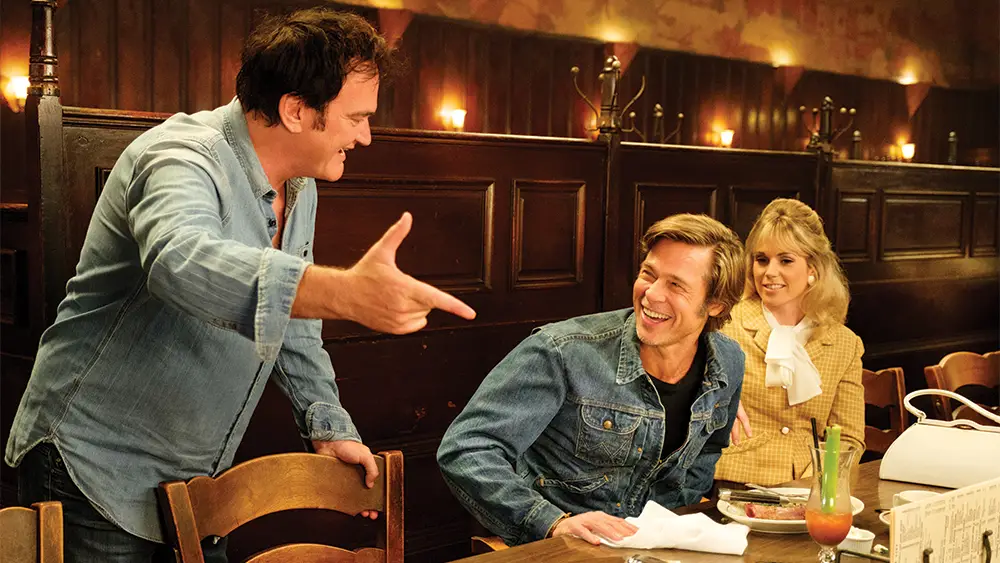
Your mileage will vary greatly with the new information given about Cliff. In the same way, Tarantino’s knowledge of film history is loudly on display. The main narrative frequently gives way to long diatribes about how this actor worked with this actor on this film and how this director was better than this other director. For fans of this kind of stuff, it’s kind of a blast hearing him talk about what he loves. But I can see it getting grating.
READ: ‘Vivo’ Review: “The Power of a Song”
An aspect of the novel that’s disappointing is Tarantino’s use of slurs in dialogue to help characterize the era. Yes, it’s period-accurate. But for material that has so much personal meaning for Tarantino, it’s dated and suspect for him to not comment on that language. The casual nature of it makes it feel icky in the same way that Tarantino’s own character in Pulp Fiction stands out as ill-advised in this day and age.
That being said, Once Upon A Time in Hollywood is a great read for fans. Its focus is much different; hell, one almost gets the feeling that this seems like a novel Tarantino wrote before the film. Both hold their value, and if you’re curious about stepping back into Tarantino’s 1960s Hollywood, check it out. –James Preston Poole

